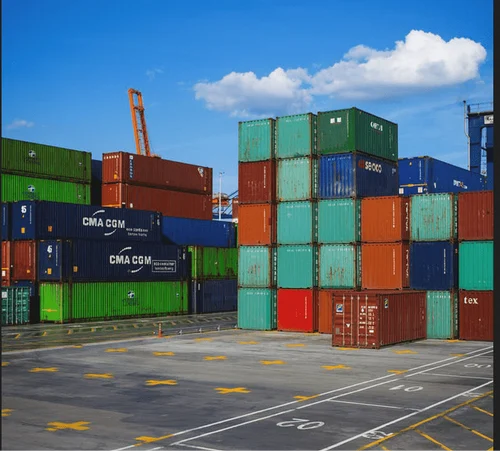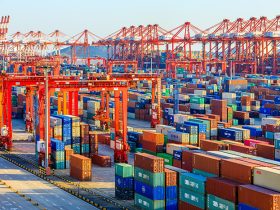
Ireland’s main imported goods
Ireland’s economy is heavily reliant on trade, with imports playing a crucial role in supporting both its industries and consumer needs. Ireland imports a wide range of goods, including machinery, vehicles, pharmaceuticals, and food products. Below is a detailed look at Ireland’s main imported goods and how they support the country’s economic landscape.
1. Machinery and Transport Equipment
Ireland’s primary imports fall within the category of machinery and transport equipment, including items such as computers, telecommunications equipment, and industrial machinery. As a hub for technology and finance, Ireland has a significant demand for high-tech machinery that supports its numerous sectors, especially the booming technology and pharmaceutical industries. Transport equipment, including cars and other vehicles, is also essential for Ireland’s domestic and commercial transport needs.
2. Pharmaceuticals and Medical Equipment
Ireland is a global leader in pharmaceutical production and exports; however, it still imports a considerable amount of pharmaceutical ingredients, finished products, and medical devices. These imports supplement local production and meet domestic healthcare needs. Medical equipment, such as diagnostic tools and hospital supplies, is crucial for maintaining the high standard of healthcare services in the country. Given Ireland’s strong pharmaceutical industry, many of these imports also support research and development in the sector.
3. Chemicals
Ireland imports a wide range of chemicals, including raw materials for pharmaceuticals, industrial chemicals, and consumer chemicals used in everyday products. These chemicals are essential for both manufacturing and agricultural processes. In particular, the pharmaceutical and biotechnology sectors rely on imported chemicals to produce medications, vaccines, and other healthcare products. Chemicals also play a vital role in manufacturing goods that Ireland then exports, such as personal care items and cleaning supplies.
4. Fuels and Lubricants
Ireland imports most of its fuel, as it lacks significant domestic sources of oil or natural gas. These imports are necessary for transportation, manufacturing, and residential energy needs. Crude oil, refined petroleum, and natural gas are some of the primary imports in this category. Additionally, lubricants are imported to support the automotive and industrial machinery sectors, which are vital to Ireland’s economy. Ireland is also investing in renewable energy, but fuel imports continue to be crucial as the country transitions towards more sustainable energy sources.
5. Food Products and Beverages
Although Ireland is known for its agricultural exports, it still imports a substantial amount of food products to meet consumer demand and diversify its food supply. Imports include fruits, vegetables, grains, and processed foods, as well as alcoholic beverages like wine and spirits. These imports are essential for maintaining a varied food supply and supporting Ireland’s vibrant restaurant and hospitality sectors. Imports also provide options for consumers and meet dietary demands that local agriculture cannot fully satisfy.
6. Consumer Goods
Ireland imports a wide range of consumer goods, including electronics, clothing, and household products. Electronics, such as smartphones, laptops, and home appliances, are particularly popular. With a growing e-commerce sector, the demand for consumer goods from international markets has increased significantly. Clothing is another major import, as Ireland does not have a large-scale textile industry and relies on imports to meet fashion and apparel needs.
7. Automobiles and Automotive Parts
While Ireland imports a variety of transport equipment, automobiles are among the most significant imports. Many Irish consumers prefer cars from major automotive brands, most of which are imported. Additionally, the country imports automotive parts and accessories to support vehicle maintenance and repair industries. This import segment is essential to meet both consumer demand and industrial requirements for transportation.
8. Textiles and Apparel
While not as large as other import categories, Ireland imports significant volumes of textiles and apparel, including fabrics, clothing, and footwear. These imports are driven by consumer demand, particularly as Ireland’s retail and fashion industries have grown. Textiles also support Ireland’s interior design and hospitality sectors, where materials are required for hotels, restaurants, and home furnishings.
Conclusion
Ireland’s import landscape reflects its unique economic needs, global connections, and focus on advanced sectors like technology, pharmaceuticals, and renewable energy. The country relies on imported goods to support a variety of industries and sustain a high quality of life for its residents. As Ireland continues to grow and diversify its economy, imports are expected to remain a critical part of its trade ecosystem.




Leave a Reply